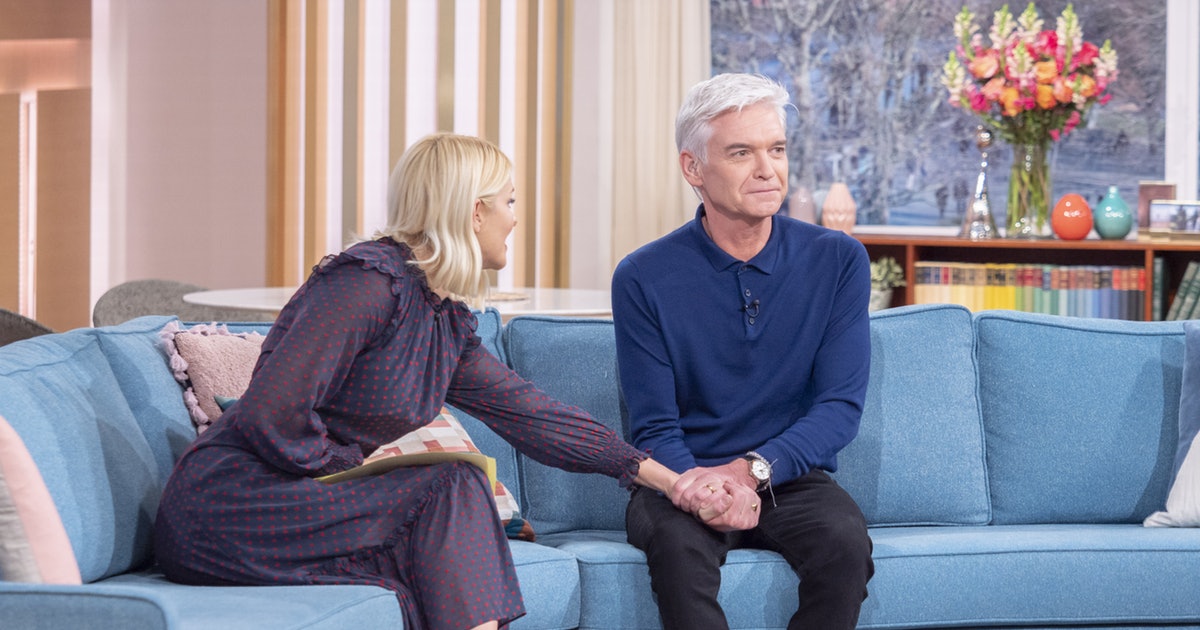The act of ‘coming out’ for a member of the LGBTQIA+ community is a constant one. Due to straight or cis bias, a queer person performs the act of coming out to nearly everyone they meet, while those who don’t come under that umbrella are considered the norm- the assumed identity of the person until they come out. Coming out isn’t just a daily act, it’s also a political one. With many people still persecuted for how they live their lives, it’s a bold statement to assert your queerness, especially if you live in the public eye.
For Nikkie de Jager, known on YouTube as Nikkie Tutorials, and Phillip Schofield, coming out in 2020 was still difficult, even in a Western society where discrimination laws are enforced, and people are widely accepting. De Jager in particular, who is transgender, saw the dark side of having to come out to the public when she was blackmailed by someone who knew of her transition to ‘stop lying to her fans’. In her video, which has over 33 million views, she reasserts that she is still ‘the same Nikkie’ her fans know.
Similarly, Phillip Schofield, who recently came out as gay, felt the need to clarify that he has always been this way, and only now has he fully accepted it. The trend of people needing to reassure their fans that their queerness doesn’t change who they are as a person is disappointing- it suggests that in 2020, people still believe that once someone comes out, and accepts who they are, they’ll change and embody stereotypes of the LGBTQIA+ community.
Whilst Schofield was able to come out on his own terms, in his own time, the fact that de Jager was forced into doing so it shows that attitudes towards the queer community aren’t always as positive as we want them to be. One other conversation which has been sparked by the coming outs of both Schofield and de Jager is that some people ‘knew’ that they were gay or transgender. The narrative created by people, often straight/cisgender, that they were aware of a person’s queerness before they publicly announced it is quite frankly disgusting, considering this again means that they’re operating off some idea of stereotypes (that Schofield was ‘too flamboyant’ or de Jager ‘not fully passing as a biological woman’).
There is no set way for someone who identifies as queer to act, just as for some there is no right or wrong time to come out. Both de Jager and Schofield came out under difficult circumstances, the former being blackmailed to do so, and the latter having been married 27 years to a woman before finding the strength. Either way, this shouldn’t be considered ‘lying’ to the public. Firstly, the public is owed nothing in the way of personal details of a celebrity’s life. What they choose to share should be on their own terms, and should be separated from their work unless it has a direct impact (which, in both cases, it fails to have, as de Jager’s YouTube channel and Schofield’s presenting duties had been going on for a significant amount of time). Secondly, unless you identify under the LGBTQIA+ umbrella, you will never know the complexity of the act of coming out- for many it means potentially being kicked out, made redundant, or even to face abuse and violence. Celebrities are not exempt from this. It is important that moving on from these two announcements, we remember that they are people too, whose craft isn’t changed by their queerness in any way. They both deserved to come out on their own terms, with the full support of the public, and the fact that they’ve faced significant negativity showcases the way in which society still needs to improve its acceptance of those who are queer.
Image Credit: Bustle.com

